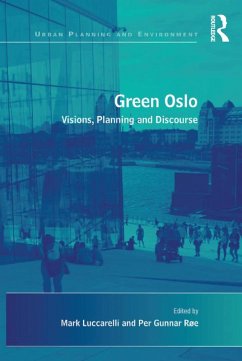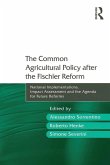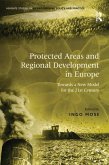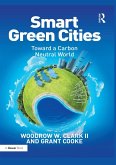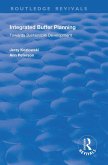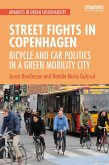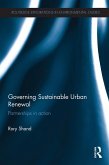As urban regions face the demand to decrease fossil fuel dependency, many cities in the developing world are undertaking initiatives designed to create a greener city by aiming for a more sustainable form of urban development and, to do so, they need to evaluate existing modes of transportation and patterns of land use. This book provides an opportunity for a critical assessment of the limitations and opportunities inherent in 'green Oslo' and suggests the need for much broader integrative approaches. It concludes by highlighting lessons which other cities might learn from Oslo.
Dieser Download kann aus rechtlichen Gründen nur mit Rechnungsadresse in A, B, BG, CY, CZ, D, DK, EW, E, FIN, F, GR, HR, H, IRL, I, LT, L, LR, M, NL, PL, P, R, S, SLO, SK ausgeliefert werden.

